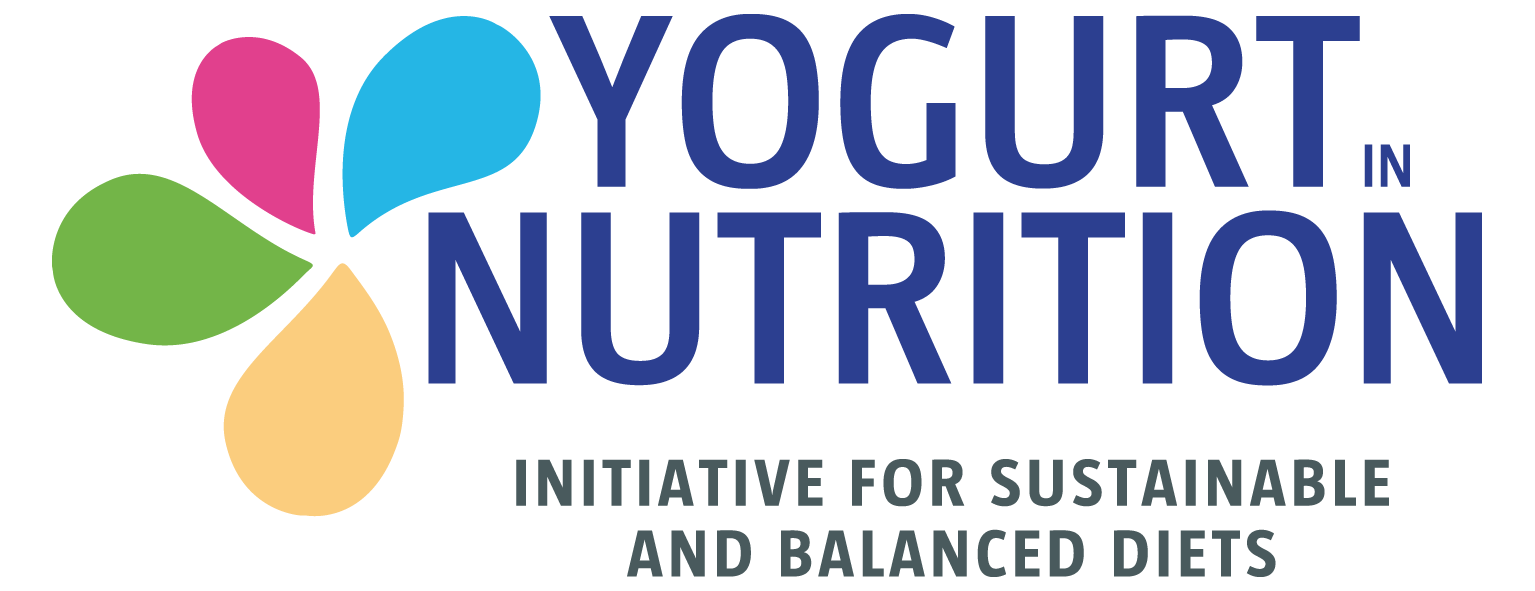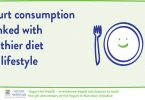Milk and dairy associated with less obesity
Type 2 diabetes, cardiovascular diseases, and cancers are major causes of disease-free years in several countries today, and the increasing prevalence of obesity greatly increases the risk of these chronic diseases.
Furthermore, childhood obesity is a major contributor the current obesity epidemic and is often linked with future obesity in adulthood. The authors found that among children, a diet high in milk and dairy products is associated with a reduced risk of obesity. In adults, dairy products consumption improve body composition and facilitate weight loss during energy restriction.
A lower risk of main chronic diseases and a better bone mineral density
The results indicated that fermented dairy products are associated with a reduced risk of type 2 diabetes. Furthermore, a high intake of milk and milk products (200-300mL/day) is associated with a reduced risk of cardiovascular diseases.
Bone mineral density benefits of milk and dairy intake, although no association was found with risk of bone fracture. Milks and dairy intake is also associated with a lower risk of colorectal cancer, bladder cancer, gastric cancer, or lung cancer; the evidence for prostate cancer risk was inconsistent. No association was found between milk, dairy products and all-cause mortality.
3 key questions answered
The article also aimed to answer to three key questions regarding dairy products consumption. It shows that:
1. A diet with milk and dairy products provides better health and decreases risk of major disease and all-cause mortality, than a diet with non or low-content of milk, thus recommending to reduce the intake of dairy products in individuals, who tolerate them, is counterproductive for health.
2. It is not justified to recommend the general lactose-tolerant population to avoid the consumption of milk and milk products, as it would be as warning against types of foods, such as peanuts, to which only a small part of the population is allergic to.
3. There is a lack of scientific evidence to substantiate that replacing milk and dairy products with plant-based drinks will improve health.
To learn more, read the original article.





